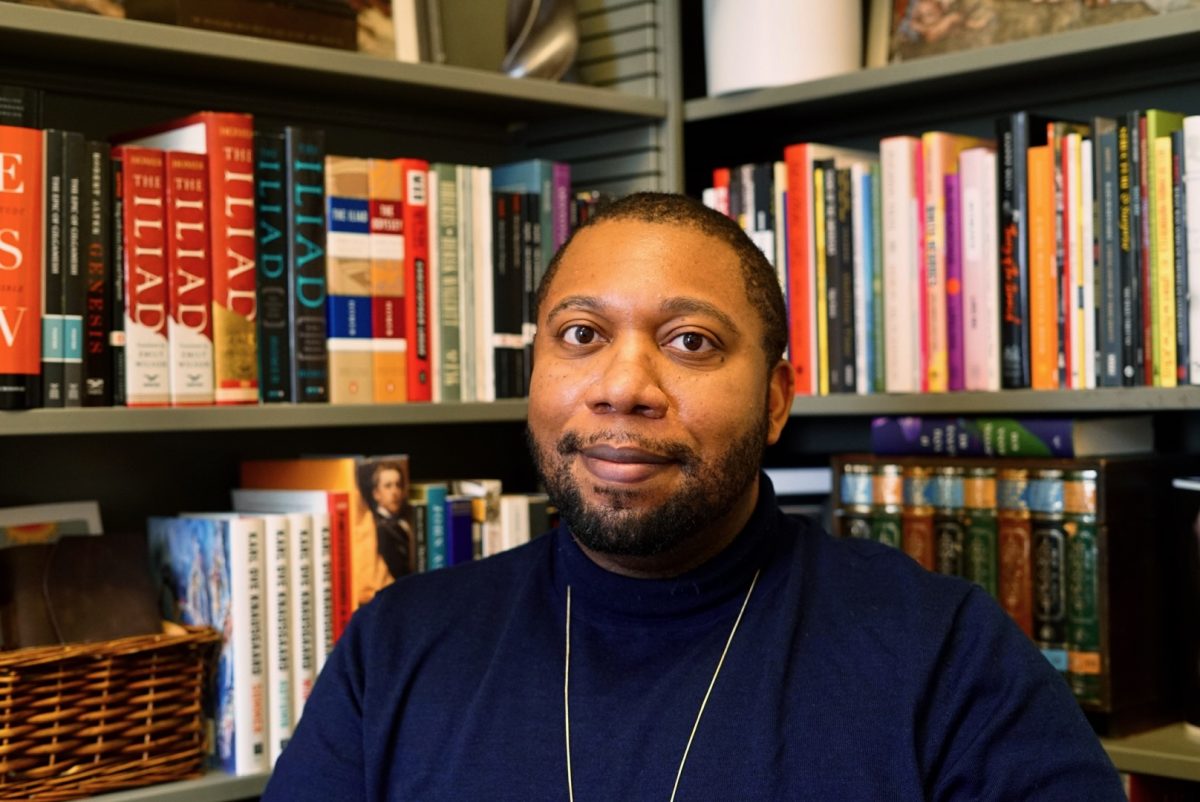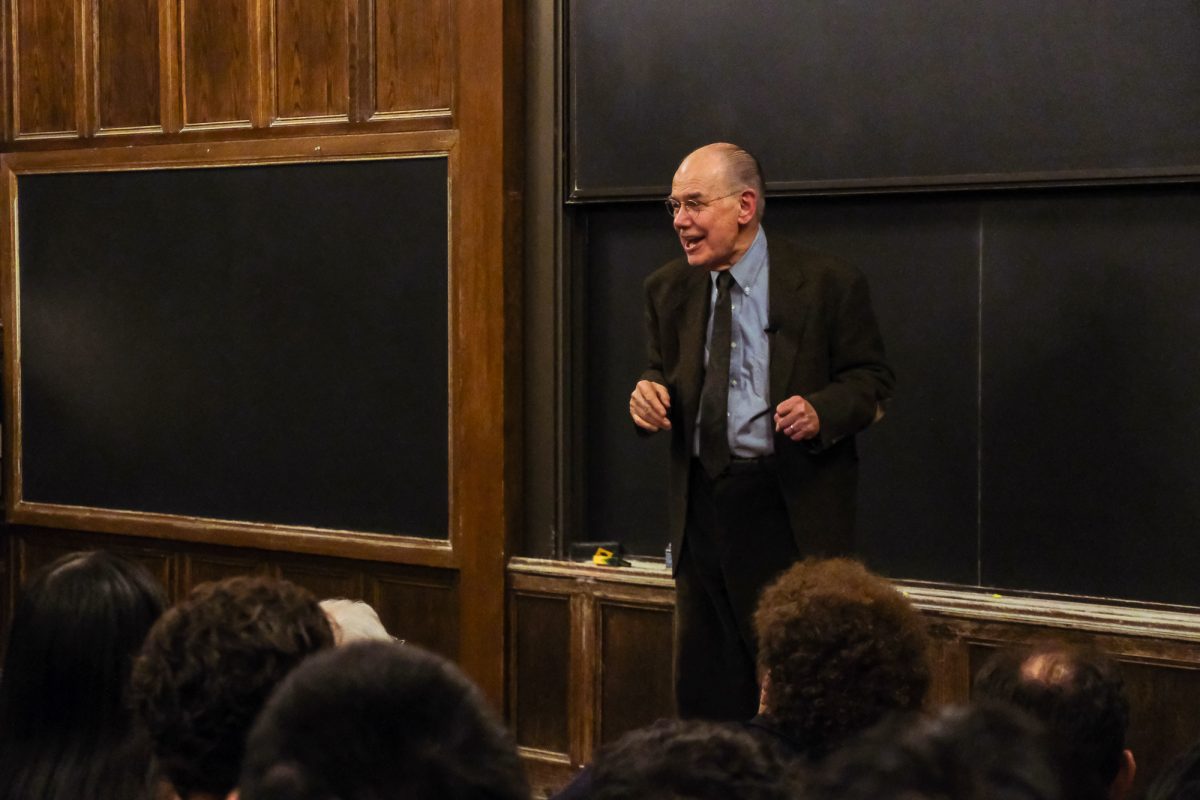The Feed1st program has provided free, nutritious food to patients and caregivers staying at University of Chicago Medicine since 2010. After learning about the program's high demand, fourth-year Naomi Yamamoto volunteered to help UChicago Medicine's Volunteer Services organize a food drive to help fill the shelves of Feed1st's pantry at UChicago’s Comprehensive Cancer Center.
According to research published by the UChicago Lindau Lab in 2015, 60 percent of the 5,000 patients at Comer Children’s Hospital were on Medicaid. These children and their caregivers were staying in a hospital where meals cost on average $10–12 with few affordable and nutritious alternatives nearby.
Patients hospitalized at the Comprehensive Cancer Center come from similar socioeconomic backgrounds as families at Comer and face the same challenges. For patients undergoing intensive treatment, it can become even more difficult to provide for themselves and their families.
The Feed1st Program has brought together medical students, hospital personnel, the UChicago Lindau Lab, and the Greater Chicago Food Depository to start a food pantry open to caregivers and patients staying at the hospital. The program aims to alleviate the immediate needs of some caregivers and patients and collect data on the effects of hospital food insecurity to facilitate research addressing the issue on an institutional level.
Feed1st hopes that by addressing hospital food insecurity, UChicago Medicine will be able to offer better medical treatment. The Lindau Lab’s research suggests that food insecurity may be associated with reduced trust in health care providers, increased susceptibility to disease, and a compromised understanding of medical conditions and needs. Patients would be able to recover faster and make better decisions about their treatment if they did not have to worry about where their next meal was coming from.
The food pantry also supports caregivers’ and patients’ mental health by removing them from uncomfortable situations. They no longer have to choose between going hungry and asking strangers for half of their sandwich because they cannot afford their own meal. Instead, they can go to the pantry and take what they need with no questions asked.
As a volunteer at the Comprehensive Cancer Center, Yamamoto is glad that there is somewhere she can point people to if they need food. However, she was disappointed when she realized that the pantry is often out of stock.
The food drive aims to supplement food the Chicago Food Depository and modest philanthropic donations are able to provide, and meet the hospital’s demand for a reliably stocked food pantry. In 2016, a Feed1st food drive was able to keep the pantry stocked for months without the help of the Chicago Food Depository. This time, Yamamoto’s goal is to fully stock the pantry for the rest of the year.
When asked what the most difficult part of planning the drive has been, Yamamoto told The Maroon, “It’s hard to explain to the average UChicago student how hard it is for some patients to feed their families…. I personally find some of the statistics regarding food insecurity heartbreaking. As college students, we’ve been complaining about Treasure Island closing and limiting our options for food, but over half of the residents in some surveys don’t even know where their next meal is coming from.”
The on-campus Feed1st food drive will run from November 5 to November 19. Donations should be nonperishable and nutritious, and can be dropped off at Reynolds Club or Bartlett Dining Commons.







